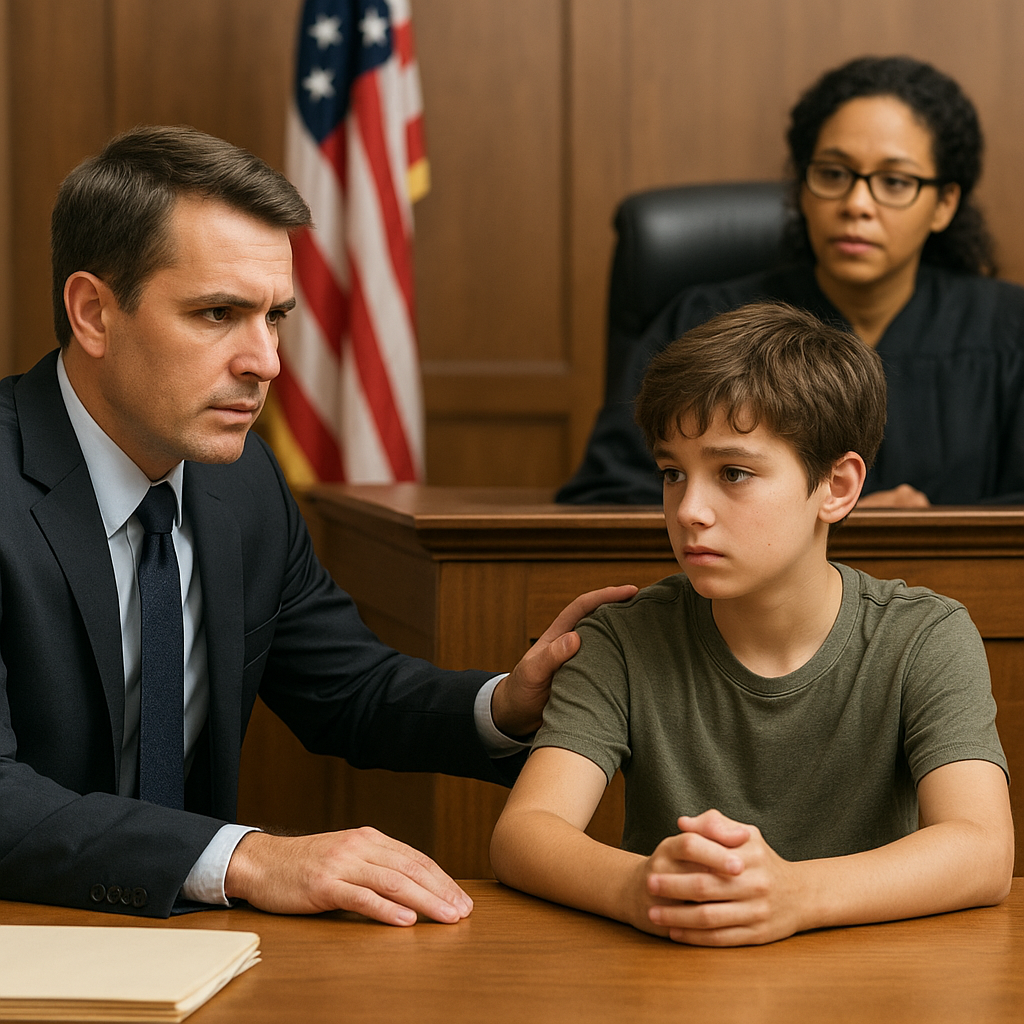Criminal defense attorneys face unique challenges when representing minors accused of offenses. These cases demand a nuanced understanding of both the juvenile justice system and the developmental needs of the young client. Lawyers must balance vigorous advocacy with a focus on rehabilitation and long-term well-being. This article explores how criminal lawyers craft effective defense strategies, collaborate with experts, and uphold ethical obligations in cases involving minors.
Understanding the Legal Landscape for Minors in Criminal Cases
Juvenile vs. Adult Court Proceedings
The juvenile justice system operates under a different set of principles than adult criminal courts. Emphasis lies on rehabilitation rather than punishment. Key distinctions include:
- Procedural safeguards designed to protect the minor’s rights.
- Closed hearings to preserve confidentiality.
- Risk assessments to guide dispositional decisions.
Age and Competency Considerations
Attorneys must evaluate whether the minor understands the nature of proceedings and the consequences of legal choices. A competency evaluation by a psychologist may be requested to ensure the client can participate meaningfully in their defense. Factors influencing competency include:
- Cognitive development and maturity.
- Presence of mental health issues.
- Understanding of legal terminology and courtroom roles.
Rights of the Minor Defendant
Minors retain constitutional protections such as the right to counsel, the right against self-incrimination, and the right to a fair trial. During a detention hearing, the lawyer argues for release on recognizance or placement in a less restrictive setting. Emphasizing the minor’s family ties, school attendance, and absence of prior record can support a favorable outcome.
Strategic Defense Techniques Employed by Criminal Lawyers
Early Case Evaluation and Investigation
Effective defense begins with a thorough review of the facts. Steps include:
- Interviewing witnesses and reviewing police reports.
- Requesting video footage or forensic evidence.
- Identifying potential mitigation factors, such as history of trauma or peer pressure.
Prompt action can preserve critical evidence and shape the prosecution’s approach.
Negotiation and Plea Bargaining
Prosecutors often offer plea deals. For minors, the attorney seeks terms that avoid harsh penalties and focus on treatment. Negotiation goals may include:
- Community service instead of detention.
- Enrollment in counseling or substance-abuse programs.
- Sealing or expunging records upon successful completion of probation.
This strategy aims to reduce the long-term impact on the child’s record and future prospects.
Trial Advocacy in Juvenile Court
When cases proceed to trial, lawyers deploy techniques tailored to juvenile audiences:
- Presenting character witnesses, such as teachers or coaches, to highlight positive attributes.
- Using age-appropriate language and visuals when addressing the judge or jury.
- Challenging forensic evidence with the help of an independent forensic expert.
Emphasizing growth potential and the minor’s capacity for change can sway sentencing decisions.
Collaborating with Stakeholders and Expert Witnesses
Working with Social Workers and Psychologists
Interdisciplinary collaboration strengthens the defense. Social workers provide insight into the minor’s home environment, while psychologists assess mental health and risk factors. Their reports can form the basis for:
- Diversion into alternative programs.
- Mental health treatment plans in lieu of incarceration.
- Recommendations for family therapy or mentoring initiatives.
Engaging Educational Professionals
Maintaining school enrollment and academic progress is crucial for a minor’s rehabilitation. Lawyers often:
- Coordinate with school counselors to arrange attendance accommodations.
- Secure letters outlining the defendant’s achievements and behavior.
- Advocate for continued extracurricular involvement as part of a balanced disposition plan.
Utilizing Mitigation Specialists
Mitigation specialists gather comprehensive background information to humanize the minor before the court. Their work includes:
- Family interviews to uncover systemic issues like domestic violence.
- Collecting medical and educational records.
- Crafting a narrative emphasizing potential for positive change.
Ethics and Confidentiality Considerations
Maintaining Attorney-Client Privilege
Preserving confidentiality is paramount, especially given the minor’s vulnerability. Lawyers must ensure that all communications, including those with family members and experts, are protected under confidentiality rules.
Balancing Advocacy and Best Interests
Defense attorneys must weigh aggressive tactics against the child’s welfare. At times, urging a client to accept a plea deal may align better with long-term interests than pursuing a risky trial. The goal is to secure an outcome that fosters rehabilitation rather than perpetuating trauma.
Upholding Professional Integrity
Competent representation involves ongoing training in juvenile law and ethical standards. Lawyers should stay informed about legislative reforms affecting juvenile justice and regularly consult professional guidelines to avoid conflicts of interest.




